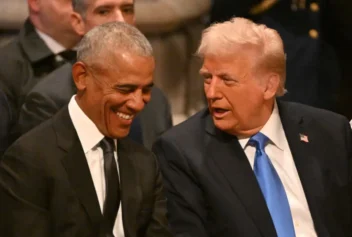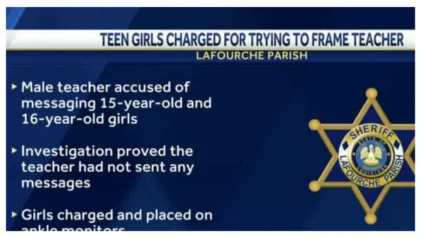One Mississippi lawmaker has proposed a bill to close three of the state’s public universities as a way to conserve state funds allocated to higher education institutions in the wake of dropping college enrollment rates.
State Sen. John Polk authored Senate Bill 2726 which, if passed, would require the Mississippi Institutions of Higher Learning (IHL) to shut down three of the eight schools it governs by 2028.
“We do not have enough appropriation right now to support eight universities, and with a cliff, or downward spiral in enrollment, it will even be worse,” Polk told WAPT.

The proposal is troubling some HBCU advocates who believe the state’s historically Black colleges would be targets if the bill passes despite only one suffering from low enrollment rates. The IHL board presides over three of Mississippi’s HBCUs — Alcorn State University, Jackson State University, and Mississippi Valley State University.
The latter is among the three lowest performing schools governed by IHL.
HUD Regional Administrator for the Southeast and Alcorn alumna Jennifer Riley Collins posted her personal opinion on LinkedIn, stating that the “criteria stated within the bill places Alcorn and other HBCUs at high risk if the bill becomes law.”
Morehouse College English and American literature professor Corrie Claiborne wrote on X, “This bill is definitely aimed at Mississippi HBCUs which are owed 400+ million dollars by the state for illegal underfunding. We need to buy JSU, Alcorn, MVU and turn them private.”
Senator Polk insisted if his intentions were to put HBCUs on the chopping block, he’d stated as such. “If I were trying to close an HBCU, I would’ve put that in the bill,” he told Mississippi Today.
In 2009, then-Gov. Haley Barbour proposed merging all three of those historically Black colleges into one university because it was too costly to keep all of the IHL schools. Many state lawmakers and alumni groups opposed the idea at the time, so it never picked up steam.
As for this most recent proposal, state legislators have said Polk’s bill is likely to die with the Senate Colleges and Universities Committee. Even Polk told Mississippi Today that the chances the bill would pass are “slim.”
His primary goal was to “pull the Band-Aid off the wound.” Telling the local paper, “Until I introduced this bill, no one was talking about that.”
However, the issue with the state’s dwindling high school graduation rates remains, which means colleges will struggle to maintain their enrollment rates.
According to Mississippi Today, data presented by one University of Mississippi administrator shows the state will experience the second-worst decline in high school graduation rates in the Southern United States by 2027, behind Virginia.
The state schools registering the lowest enrollment rates at present are Mississippi University for Women in Columbus, Delta State University in Cleveland, and Mississippi Valley State University in Itta Bena. If IHL decided to close those schools, that would shore up roughly $85 million, which could be allocated to the remaining five institutions.
“The enrollment cliff presents challenges, not just in Mississippi, but across the country,” IHL Communications Director John Sewell told WAPT. “All of our public universities are focused on recruiting and retaining the best and brightest students from around the state and beyond.”
Polk’s bill would require the IHL to consider several factors in its decision to close a school such as enrollment data, tuition rates, degrees offered, and economic impact.
Rather than close universities as Polk proposes, another state lawmaker believes the answer to turn their shrinking registrations around lies with more state support.
“If you give the institutions the tools they need to attract students, that will address that,” state Sen. Hillman Frazier told The Associated Press. “It sounds good politically, trying to be a fiscal conservative, but we need to give our universities the tools they need to be successful.”


